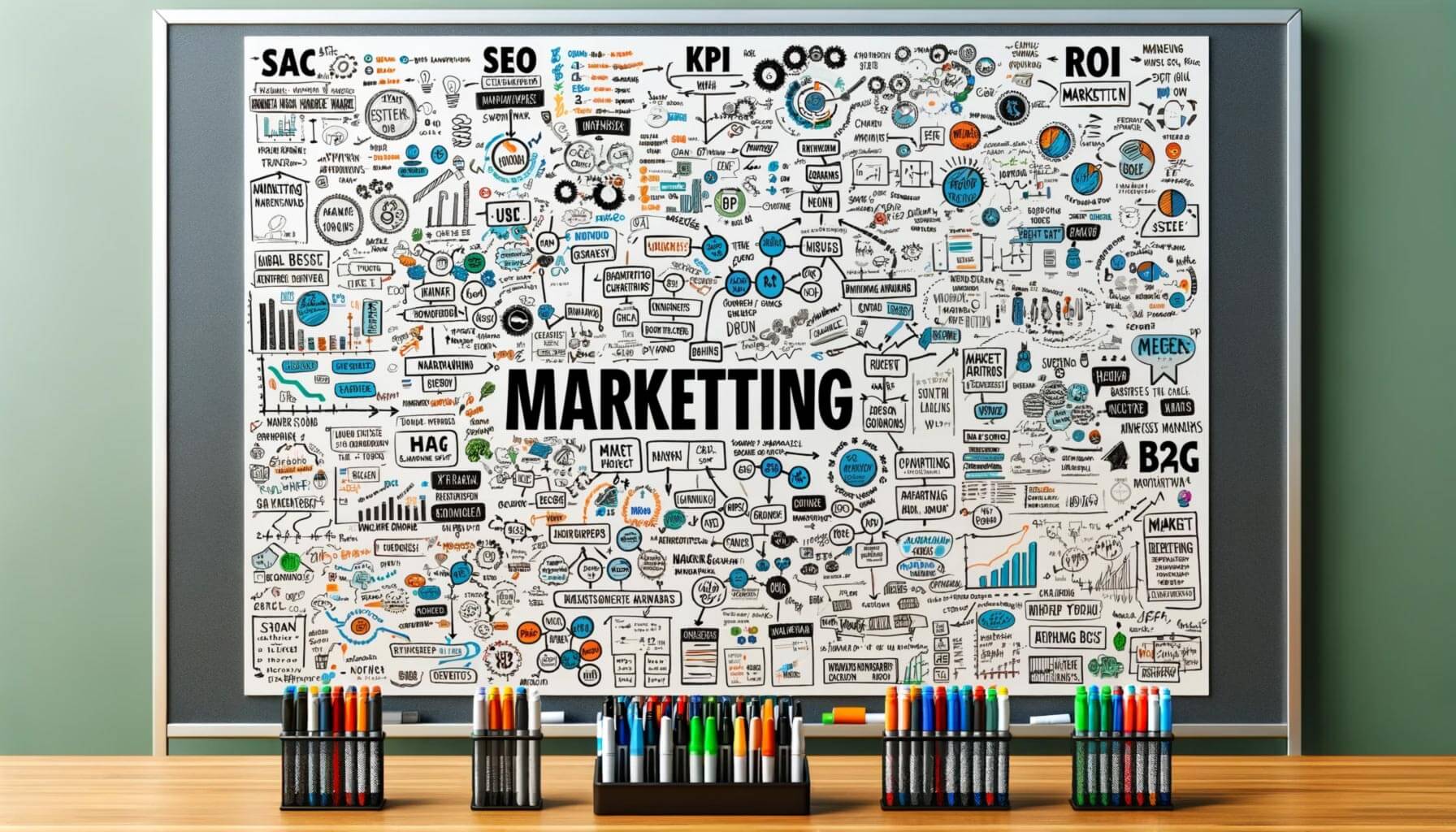The marketing industry has a notable affinity for acronyms, a trend that has only grown with the evolution of digital marketing. These acronyms, ranging from SEO (Search Engine Optimization) to PPC (Pay Per Click), serve as convenient shorthand for complex marketing concepts and strategies. They help seasoned marketers communicate more efficiently and streamline discussions about various facets of marketing. However, this heavy reliance on acronyms can create a challenging learning curve, especially for those new to the industry.
For newcomers, the barrage of acronyms can be overwhelming, making the process of learning about marketing more daunting than it needs to be. Each acronym, while simplifying communication for the initiated, acts as a barrier to understanding for the uninitiated. This can lead to confusion, miscommunication, or even the misuse of terms in strategy planning and execution. It’s important for marketing professionals to remember that what is obvious to them might not be so clear to someone just starting out in the field.
Below is a list of the most commonly used acronyms in social media, affiliate, and SEO marketing. This comprehensive list aims to demystify these terms, making them more accessible to everyone, regardless of their experience level. Whether you’re a seasoned marketer or a newcomer to the field, understanding these acronyms is crucial for navigating the intricate world of digital marketing effectively.
A/B Testing: Also known as split testing; comparing two versions of a webpage to see which one performs better.
AMP: Accelerated Mobile Pages
API: Application Programming Interface
AOV: Average Order Value
ATR: Average Time on Site
C/R: Conversion Rate
CAN-SPAM: Controlling the Assault of Non-Solicited Pornography And Marketing (a law that sets the rules for commercial email)
CPA: Cost Per Action
CPC: Cost Per Click
CPL: Cost Per Lead
CPM: Cost Per Mille (Cost per thousand impressions)
CR: Conversion Rate
CRM: Customer Relationship Management
CRO: Conversion Rate Optimization
CTA: Call to Action
CSS: Cascading Style Sheets
CT/R: Click-Through Rate
DA: Domain Authority
DSP: Demand Side Platform
EPC: Earnings Per Click
GA: Google Analytics
GDPR: General Data Protection Regulation
GSC: Google Search Console
HTML: HyperText Markup Language
KPI: Key Performance Indicator
LTV: Lifetime Value
PA: Page Authority
PBN: Private Blog Network
PPC: Pay Per Click
PPS: Pay Per Sale
PV: Page View
ROI: Return on Investment
ROAS: Return on Ad Spend
RPM: Revenue Per Mille (Revenue per thousand impressions)
RSS: Really Simple Syndication
SEM: Search Engine Marketing
SEO: Search Engine Optimization
SERP: Search Engine Results Page
SMM: Social Media Marketing
SMB: Small and Medium-sized Business
SMO: Social Media Optimization
SMX: Search Marketing Expo
SSP: Supply Side Platform
SSL: Secure Sockets Layer
TF: Trust Flow
TLD: Top-Level Domain
UI: User Interface
URL: Uniform Resource Locator
URI: Uniform Resource Identifier
UV: Unique Visitor
UX: User Experience
VSL: Video Sales Letter
XML: eXtensible Markup Language
CLV/CV: Customer Lifetime Value
CF: Citation Flow



